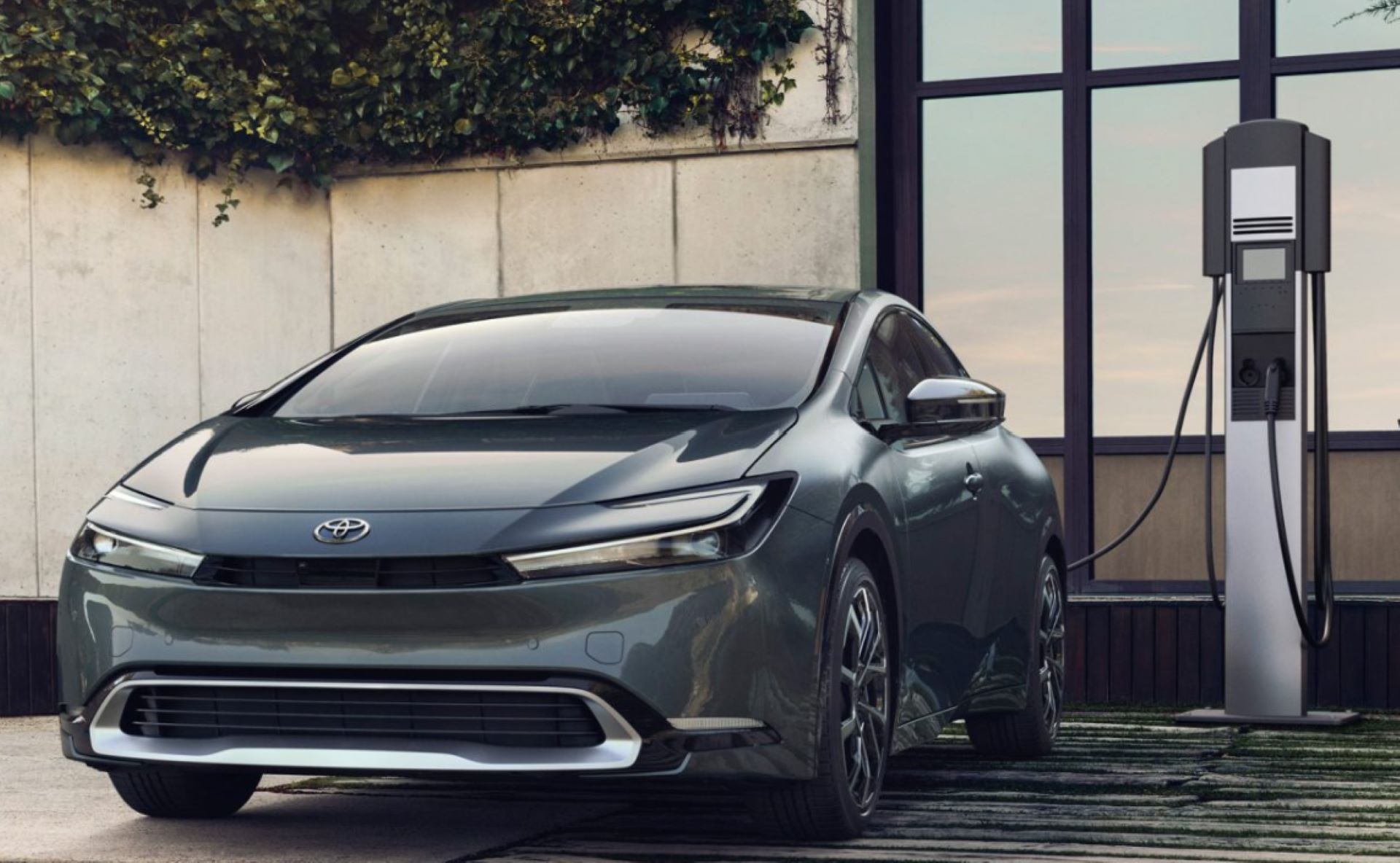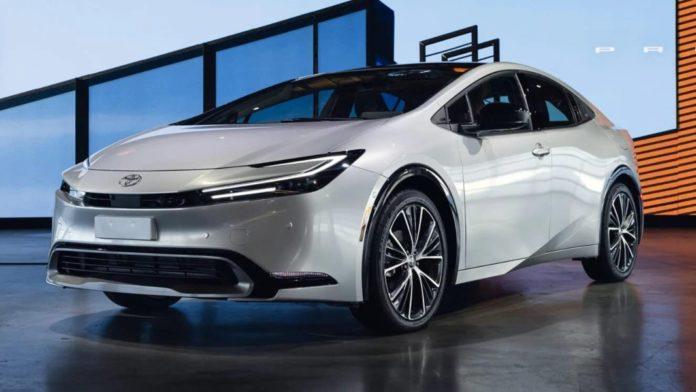In November, Toyota introduced its latest addition to the Prius lineup: the 2023 Prius Prime. This model sets itself apart by incorporating a built-in solar panel, showcasing Toyota’s commitment to eco-friendly hybrid vehicles. The Prius Prime combines the advantages of a fully battery-powered mode and a hybrid mode with enhanced performance.
Continuing the Legacy of Efficiency
Toyota’s press release highlights the Prius Prime as part of the ongoing development of efficient, low-air pollution hybrid vehicles that originated with the 2009 Prius Plug-In. This latest model upholds the legacy of its predecessors, offering exceptional fuel efficiency and reduced emissions.

Solar Panel Benefits
While hybrid vehicles already save owners money through lower fuel consumption, the addition of a solar panel brings further advantages for Prius Prime drivers. Toyota explains that the panel is utilized to power accessories such as the car’s air conditioning system, thus reducing the load on the primary battery. This feature optimizes energy usage and enhances overall efficiency.
Moreover, the Prius Prime boasts a larger lithium-ion battery, resulting in an extended range of over 50% in electric mode compared to previous models. The reported range of 25 miles has now been improved to approximately 50 miles. This advancement enables drivers to rely more on electric power, reducing their dependence on fossil fuels.
Sleek and Innovative Design
The solar panel itself is seamlessly integrated into the car’s roof, maintaining the Prius Prime’s sleek appearance without any visible wires or electrodes. Toyota also offers an alternative roof design composed of solar glass. The combination of functionality and aesthetics underscores the company’s commitment to innovation in sustainable vehicle design.
Growing Solar Car Industry
Solar-powered cars are gaining traction in the market, with multiple companies introducing their own models. A recent report suggests that the solar car industry will be valued at over $535 million by 2030. The ability to generate power independently through a solar panel significantly reduces fuel and electricity expenses, making these vehicles more affordable for budget-conscious drivers.
Environmental Impact
As the availability and affordability of electric cars, including solar-powered vehicles, increase, the environmental benefits become more evident. Gas-powered cars emit heat-trapping gases like carbon dioxide, contributing to global warming. The transition to electric cars, including hybrids with solar panels, reduces these emissions, helping to mitigate climate change.

Toyota acknowledges the positive impact of the Prius Prime, stating in its press release, “This plug-in hybrid model has continued to offer customers the flexibility of getting around town on zero-emission battery power or hybrid mode for fuel-efficient road tripping.” The company further emphasizes that the Prius Prime enhances the overall experience with improved performance and advanced technology.
The introduction of the 2023 Prius Prime by Toyota showcases the incorporation of a solar panel into its hybrid vehicles, further enhancing their efficiency and environmental friendliness. The Prius Prime continues the tradition of the Prius lineup by providing exceptional fuel economy and reducing emissions. With its extended electric range and sleek design, the Prius Prime represents a notable step forward in sustainable transportation, offering both cost savings and environmental benefits.
Stay tuned to Brandsynario for the latest news and updates.






































